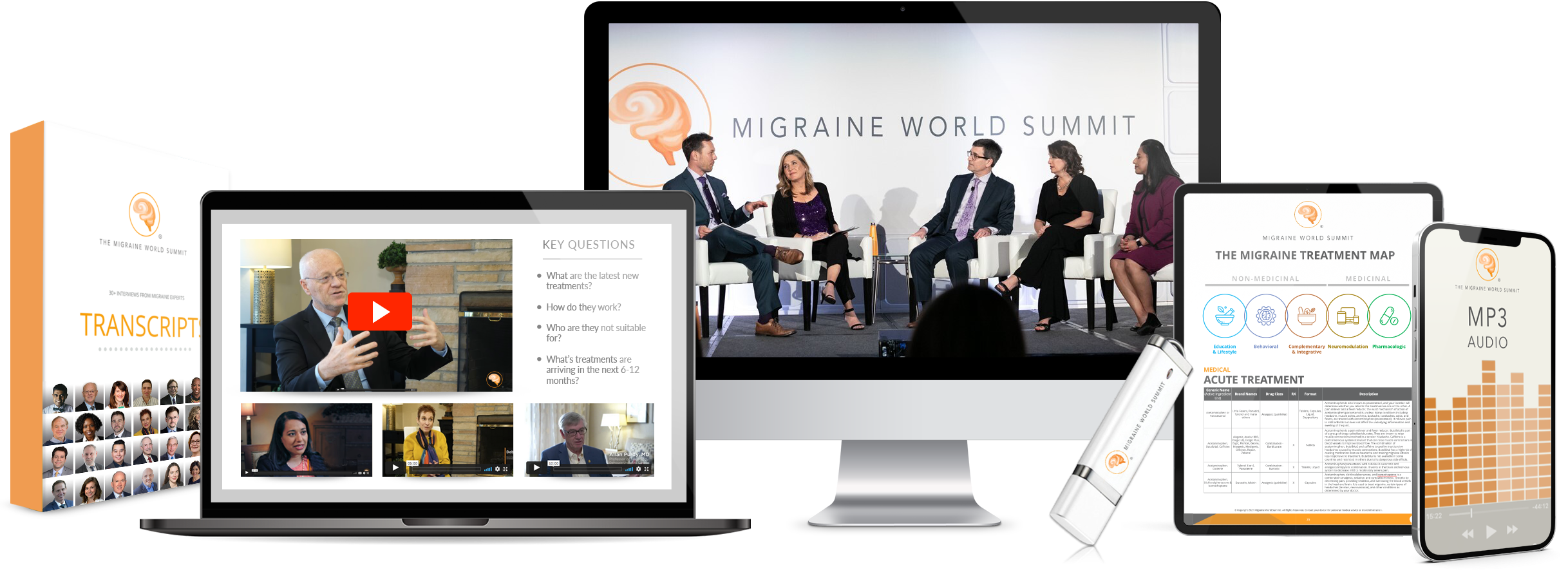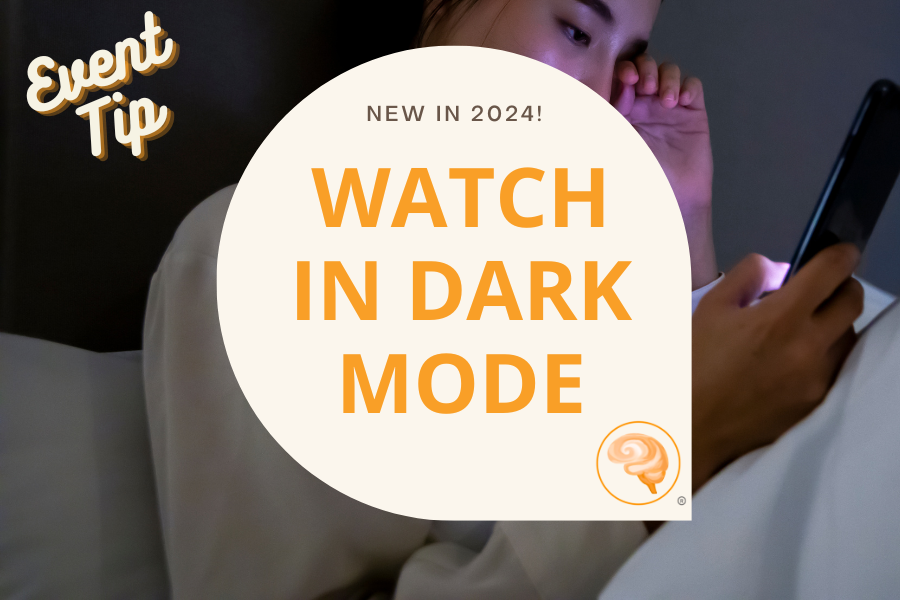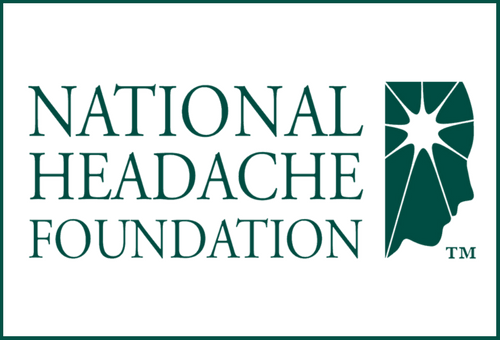Best Exercise Options for People With Migraine
You are currently watching a preview of this interview. Unlock the full version by upgrading to an Access Pass bundle! Get FREE access to 8 expert interviews from Day 1 and Day 2 when you register today!
Key Questions
- Why is daily movement just as important as strength training and aerobic exercise?
- How does biofeedback help with exercise?
- How can exercise physiologists help us get a fresh start with exercising?
- What is the best way to change a sedentary lifestyle?
- What is behavioral activation?
- What are some of the physical benefits of exercise?
- What are some tips for starting a new exercise routine?
- What is the best way to set exercise goals?
- What is self-efficacy?
- What is an effective but realistic way to schedule exercise if you have migraine disease?
- Why are neck exercises so important if you have migraine disease?
- How should you exercise during a migraine attack?
- What is the best way to deal with setbacks in your exercise routine?
Interview Notes
Treatments Mentioned
- Aerobic activity
- Behavioral activation
- Biofeedback
- Strength training
- Stress management
- Yoga (seated or standing)
Please note: The Migraine World Summit’s aim is to bring you a variety of perspectives and expertise, independent of bias or judgment. Alternative theories presented in this video have not been medically reviewed. Views expressed in this interview do not necessarily represent the views of the Migraine World Summit. Please always consult your health care professional and do your own research before making changes to your treatment plan.

Elizabeth (Betsy) Seng, PhD
Professor of Psychology & Neurology
Yeshiva University; Albert Einstein College of Medicine
Dr. Elizabeth K. Seng is an associate professor at the Ferkauf Graduate School of Psychology, Yeshiva University, and a research associate professor at the Saul R. Korey Department of Neurology, Albert Einstein College of Medicine.
Dr. Seng’s research is broadly focused on behavioral management of pain and headache disorders, particularly migraine. She is interested in the psychosocial factors associated with migraine attack onset, higher attack frequency, and migraine-related disability. She is also interested in improving acute medication adherence.

Get all the 2025 interviews, videos, audio, transcripts, and more. Why upgrade?
- Can’t attend live? Watch anytime
- Prefer reading or listening? Get transcripts and audio
- Want to dive deeper? Explore the additional footage & resources
- Need ongoing support? Reference expert advice year-round
- Lifetime access to 2025, no annual fee
Related Talks for: Day 1 (2024)
Controlling Chronic Migraine
Jessica Ailani, MD, FAHS, FAAN
Beginner’s Guide to Headache Types
Courtney Seebadri-White, MD
Neurological Research Priorities
Walter Koroshetz, MD
Over the past 50 years, our mission at the National Headache Foundation has been to further awareness of headache and migraine as legitimate neurobiological diseases. Much has changed during this time. With aid from advanced technology and clinical innovation, there are more treatment options than ever before. However, we understand that these diseases are still largely misunderstood and that finding the right treatment options for you requires insight.
Lundbeck is a global pharmaceutical company focused exclusively on transformative treatments in neuroscience for people with high unmet need. Every day, we strive for improved treatment and a better life for people living with brain disease. We are committed to supporting the migraine community and helping to eliminate barriers that prevent people from being their best.

New in 2024! If you're light-sensitive or just want a more comfortable viewing experience on our site, the Summit is now available in Dark Mode! Just click the orange button in the lower left corner of your screen. Ahhh -- isn't that better?







